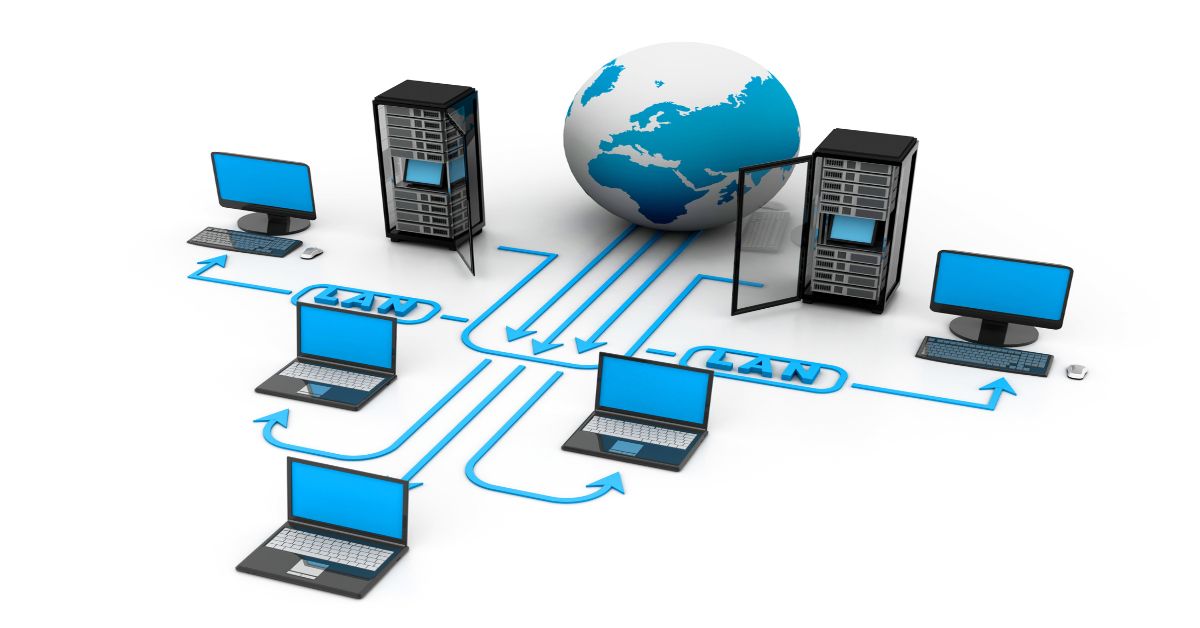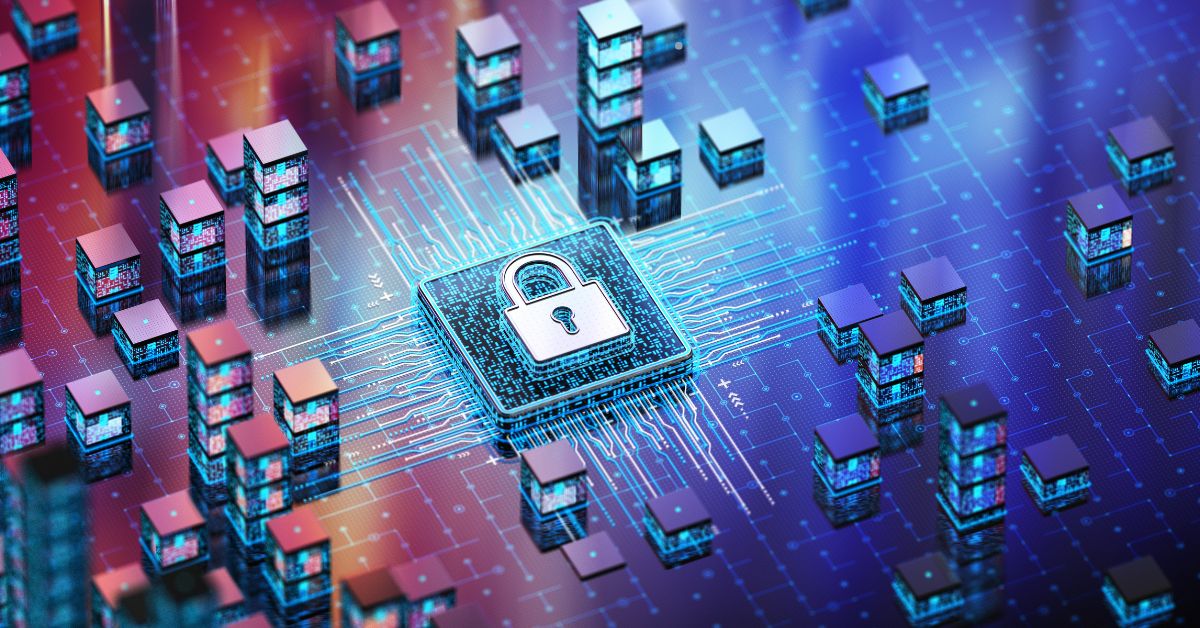Jacksonville Computer Network Issue
Are you struggling with a Jacksonville computer network issue? Whether it’s a slow connection, frequent disconnects, or poor Wi-Fi performance, computer network issues can be frustrating and disruptive. Fortunately, many of these problems can be resolved with the right troubleshooting steps. In this article, we’ll guide you through some common causes of network issues in Jacksonville and how to address them effectively.
Understanding Jacksonville Computer Network Issue
When you encounter a Jacksonville computer network issue, it’s essential to understand the root causes before attempting a fix. Network problems can arise from various sources, including hardware malfunctions, software glitches, or issues with your internet service provider. Regardless of the cause, identifying the problem early can save time and effort in troubleshooting.
Common Causes of Jacksonville Computer Network Issue
There are several factors that can contribute to a Jacksonville computer network issue. Below are some of the most common causes:
- Router or Modem Problems: One of the most frequent culprits behind a Jacksonville computer network issue is a malfunctioning router or modem. If your router is outdated or experiencing technical problems, it can disrupt your entire network.
- Cable or Wiring Issues: Loose or damaged cables can cause intermittent connections or complete network failures. It’s important to check all cables and ensure they are securely connected.
- ISP Outage: Sometimes, the issue lies with your Internet Service Provider (ISP). Service outages or throttling can cause your network to perform poorly or disconnect entirely.
- Network Congestion: When too many devices are connected to the same network, it can lead to congestion, which impacts performance. This is especially common in households or businesses with multiple users online simultaneously.
- Interference: Wireless networks are susceptible to interference from other electronic devices such as microwaves, cordless phones, and even neighboring Wi-Fi networks. This can lead to poor signal strength and connection drops.
How to Troubleshoot Jacksonville Computer Network Issue
Now that we’ve covered some of the common causes of a Jacksonville computer network issue, it’s time to explore how to troubleshoot and resolve these problems.
1. Restart Your Router and Modem
A simple restart can often resolve many Jacksonville computer network issue. Power off both your router and modem, wait for about 30 seconds, and then turn them back on. This process helps reset the network and clear out temporary errors or glitches that might be affecting the connection.
2. Check Your Cables and Connections
Inspect all cables, including Ethernet cables and power cords, to ensure they are properly connected. Loose or damaged cables can lead to frequent disconnects or slow internet speeds. If you notice any frayed or broken wires, replace them immediately.
3. Test Your Network with Multiple Devices
To determine whether the issue is specific to one device or affects all devices on your network, test the connection on different devices. If only one device is having trouble, the problem may lie within that device’s settings or hardware. If all devices are affected, it’s likely a network-wide issue.
4. Update Your Router Firmware
Outdated firmware can lead to compatibility issues and poor performance. Check your router’s settings page to see if a firmware update is available. Most modern routers allow users to update the firmware directly from the settings page. Make sure to follow the manufacturer’s instructions for the update.
5. Contact Your Internet Service Provider (ISP)
If you’re still experiencing a Jacksonville computer network issue after performing basic troubleshooting, it may be time to contact your ISP. Your provider may be experiencing an outage in your area or may need to send a technician to check the equipment. Sometimes, ISPs can also adjust your settings remotely to improve performance.
Preventing Future Jacksonville Computer Network Issue
Once you’ve resolved your Jacksonville computer network issue, it’s essential to take steps to prevent similar problems from occurring in the future. Here are a few tips to keep your network running smoothly:
1. Upgrade Your Equipment
Old or outdated equipment can cause frequent network issues. Consider upgrading your router or modem to a more modern model that can handle higher speeds and more devices. This will ensure better performance and minimize potential disruptions.
2. Secure Your Network
A weak or unsecured network is more vulnerable to interference and unauthorized access. Make sure your Wi-Fi network is password-protected and use WPA3 encryption for added security. This will prevent unauthorized users from hogging bandwidth and causing network slowdowns.
3. Monitor Your Bandwidth Usage
If you have many devices connected to your network, it’s essential to monitor your bandwidth usage. Set limits on data usage for specific devices, and consider investing in a higher-speed internet plan if necessary. This will help prevent congestion and ensure faster speeds for everyone.
4. Regularly Check for Interference
Wireless interference can be a significant factor in network issues. Ensure that your router is placed in an optimal location away from other electronic devices. Additionally, if you’re experiencing interference from nearby networks, consider switching to a less crowded Wi-Fi channel.
5. Keep Your Devices Updated
Ensure that your devices, including computers, smartphones, and tablets, are up to date with the latest software updates. These updates can improve device performance and fix bugs that may be contributing to your network issues.
Conclusion: Jacksonville Computer Network Issue
In conclusion, a Jacksonville computer network issue can stem from various factors, ranging from hardware failures to ISP outages. By performing basic troubleshooting steps and following best practices for network maintenance, you can resolve most network issues quickly and efficiently. If you’re still experiencing problems after troubleshooting, contacting your ISP or a professional technician may be necessary. By staying proactive with your network management, you can minimize disruptions and enjoy a faster, more reliable internet connection.




